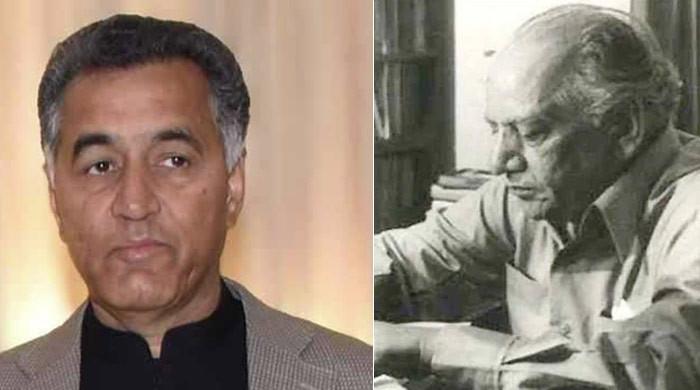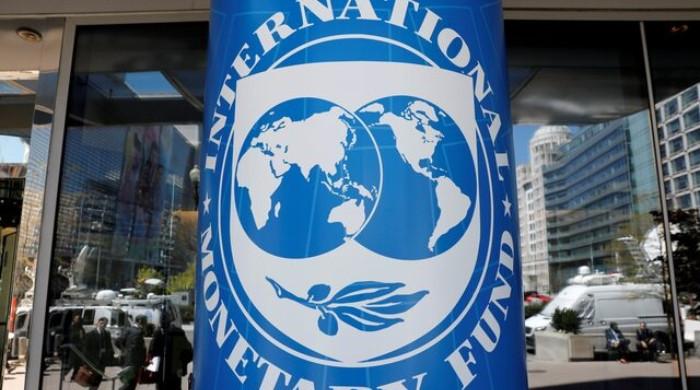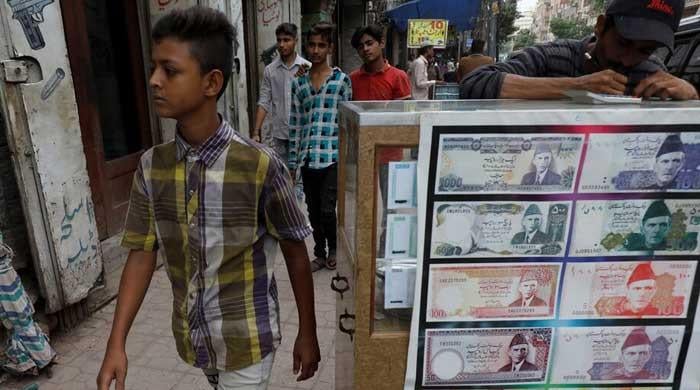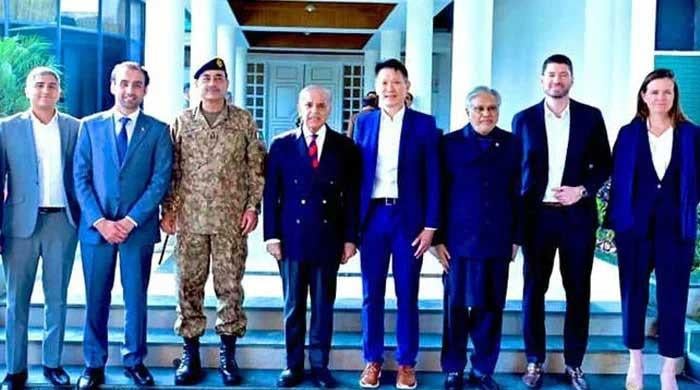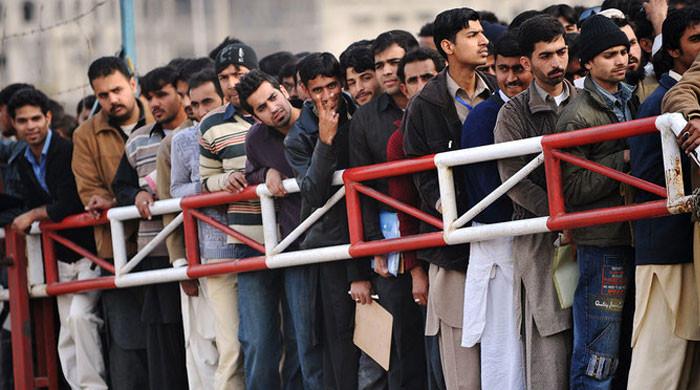The return of international cricket under PM Imran Khan
How the return of international cricket can help Pakistan build its image
January 28, 2021
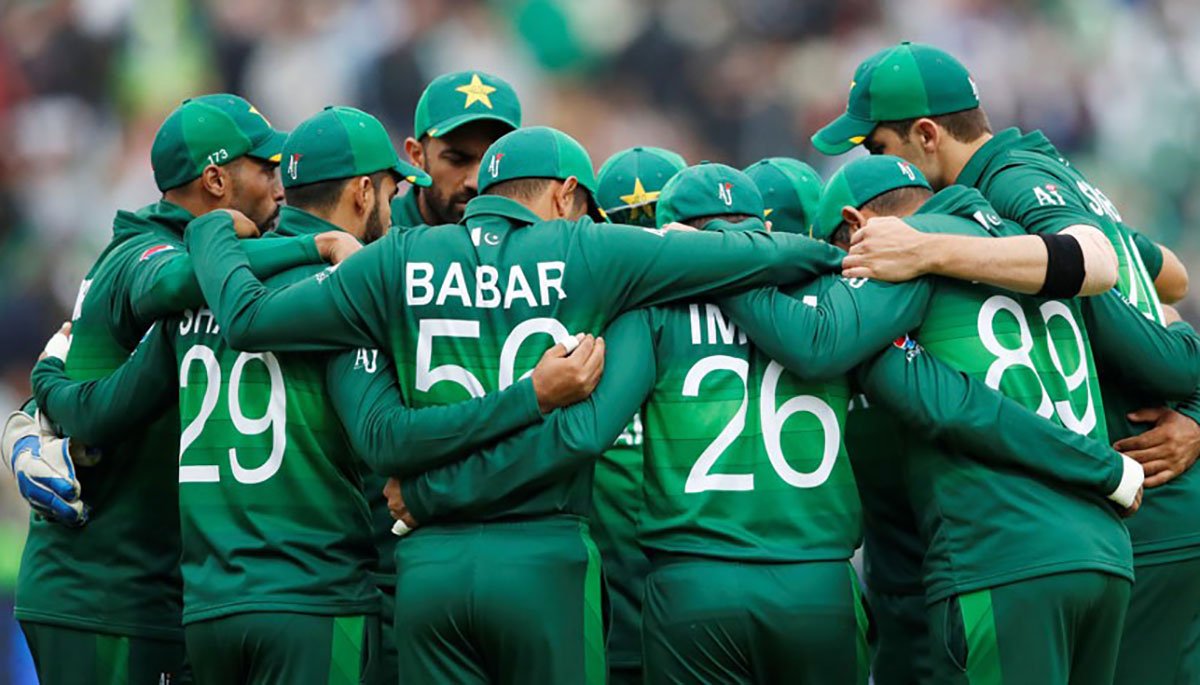
The year was 1989. The Indian cricket team was visiting Pakistan for a test series after a gap of many years and the venue was National Stadium in Karachi.
I was sitting in the press gallery when a student wielding a stick suddenly barged in and started to shout slogans. He then dashed towards the ground where the India and Pakistan teams were playing. But the police caught him just in time.
The protest, we came to know later, was staged to draw attention to the arrest of the student leader of a right-wing party in a murder case. Fortunately, no one was harmed during the scuffle and the match resumed after an hour.
Read more: Cricket—not just a 'game' in Pakistan and India
As I watch South Africa play Pakistan this week at the National Stadium, I am pulled back to 1989.
There is one difference though. The stadium is empty due to the coronavirus pandemic. Yet, the visit of an important cricketing nation, which too faced international isolation till the 1980s for almost three decades, will certainly help Pakistan’s image as one of the safest places to play cricket.
But the road to the complete return of international cricket will not be easy. Pakistan has been a victim of terrorism, due to which 80,000 people have lost their lives.
In 2002, the New Zealand cricket team cancelled the remaining part of a series in Pakistan after terrorists attacked a bus carrying French engineers outside a five-star hotel. Although the visiting team was not the target, it rattled the players, who had witnessed the explosion from their hotel rooms across the street.
Read more: Pak vs SA: Former chief selector Iqbal Qasim gives tips for day 3 of first Test against South Africa
Then, the 2009 militant shootout in Lahore shut the door to international cricket for Pakistan. Thereafter, for a long time, no one was ready to send their team for a full series.
However, since 2013, the law and order situation in the country has shown remarkable improvement. This also led to the revival of sports activities.
With a renewed sense of confidence, Najam Sethi, the former chairman of the Pakistan Cricket Board, flouted the idea of a Pakistan Super League (PSL) on the pattern of the Indian Premier League.
The idea was a success, and got the attention of many international players. Initially the PSL had to be hosted in the UAE, but for the last two years, during the tenure of the Pakistan Tehreek-e-Insaf government, the entire series has been staged in Pakistan.
The visit of the world-leading cricket team of South Africa for a test series is inarguably a big achievement for Prime Minister Imran Khan. Credit is also due to Sethi, who conceived the idea of the PSL and to cricketing legends Sir Viv Richard and Darren Sammy, who encouraged others to give Pakistan a chance.
Read more: Security in Pakistan gave players peace of mind: Faf du Plessis
If further promoted, sports can play a key role in easing tensions with our neighbouring countries and in nurturing tolerance in our society.
Prime Minister Imran Khan created history when he invited legendary Indian cricketers Sunil Gavaskar, Kapil Dev and Navjot Singh Sidhu for his oath-taking as prime minister. While Dev and Gavaskar could not make it, Sidhu not only came to Pakistan and won hearts, but his trip also laid the foundations of the Kartarpur Corridor.
During his second tenure as primer, Nawaz Sharif had made a similar bold gesture by sending the Pakistan cricket team to India, despite threats from Indian extremists. The tour turned out to be highly successful and the Pakistani team was applauded for its gesture.
I still remember the words of former Indian Prime Minister Atal Bihari Vajpayee, who welcomed Sharif’s decision and said that both countries must keep sports away from politics. But what has happened since the Modi government took office has altered Vajpayee’s narrative.
Cricket has the ability to change people’s mindset and it has in the past. Those religious extremists who opposed cricket in the 1990s, calling it a “sin”, are now cheering it on. While the tribal belt, which was once known as the “hotbed of terrorism”, is producing remarkable sportsmen today.
And it is for this reason that cricket should and can still be made part of the 2014 National Action Plan to rid Pakistan of extremism.
Cricket can go a long way in building Pakistan’s image internationally. Let’s utilise this opportunity to its full potential.
Abbas is a senior columnist and analyst of Geo, The News and Jang. He tweets @MazharAbbasGEO




